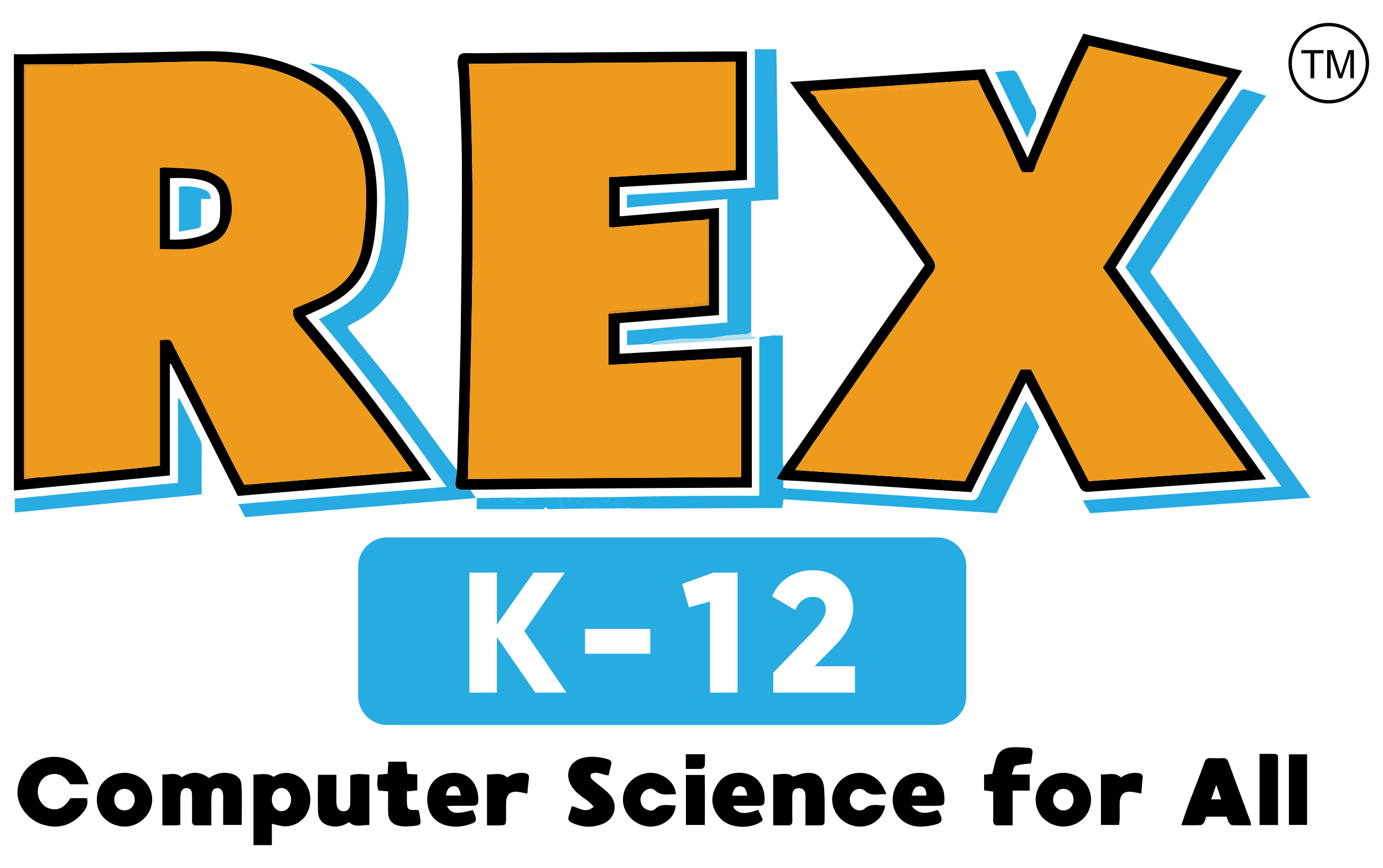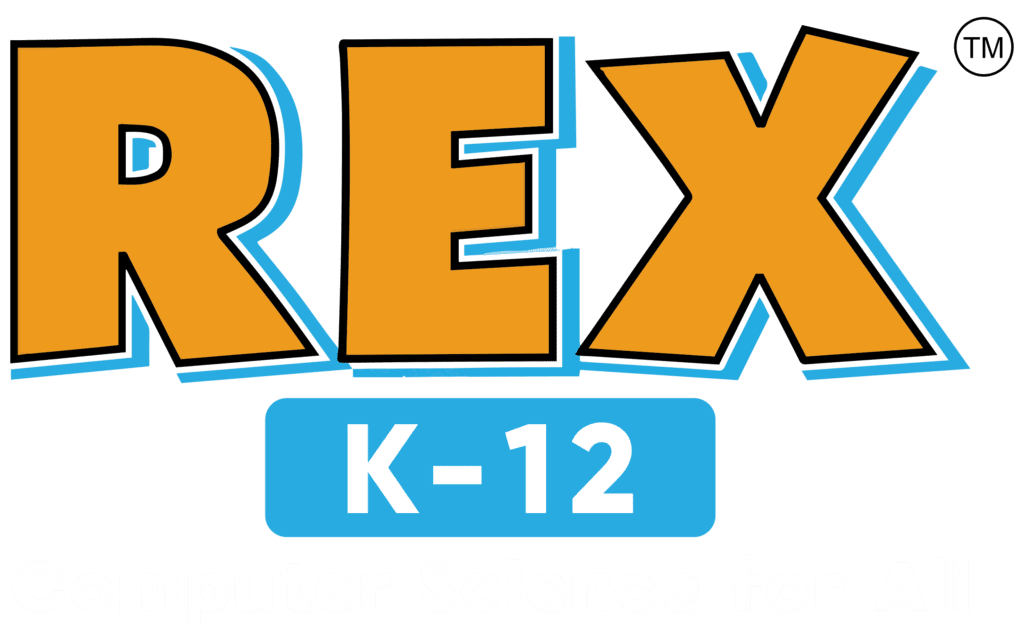Why Students Should Learn Coding Even When AI Can Write Code
The rise of artificial intelligence (AI) has brought exciting advancements in various fields, including the realm of coding. AI tools can now generate code, automate processes, and even assist in debugging. Given these developments, some may question the necessity of teaching students how to code. However, coding remains an essential skill for students, providing them with numerous benefits that AI-generated code cannot fully replace. In this blog post, we’ll explore why students should continue learning coding, even when AI can write code, with the context of AI curriculum for K-12 education.
Building a Strong Foundation in Computer Science
Learning to code is fundamental to understanding computer science as a whole. When students learn coding within the K-12 computer science curriculum, they develop critical thinking, problem-solving, and logical reasoning skills. These skills form the basis of computer science knowledge and enable students to comprehend the intricacies of AI and other advanced technologies.
Nurturing Creativity and Innovation
Coding allows students to express their creativity and innovate in unique ways. By teaching K-12 computer science classes that focus on coding, students can build apps, games, and projects that reflect their interests and passions. This creative exploration cannot be replicated solely by AI-generated code, which often lacks the personal touch and originality that students bring to their work.
Understanding the Ethics and Implications of AI
Learning to code provides students with a deeper understanding of the ethical considerations and potential risks associated with AI. As students engage with an AI curriculum for K-12, they gain insight into how AI algorithms work and the impact of AI on society. This knowledge empowers students to become responsible and informed digital citizens.
Preparing for Future Careers
While AI can assist with coding, students who learn coding themselves gain a competitive edge in the job market. By offering high school computer science career professional certification programs and advanced placement computer science exam preparation courses, schools can equip students with valuable credentials that distinguish them in the workforce. Coding skills remain in high demand across industries, making them a valuable asset for future career opportunities.
Hiring and Managing K-12 Computer Science Teachers
Having qualified K-12 computer science teachers is essential for effective coding education. These educators provide guidance and mentorship, helping students navigate coding challenges and develop their skills. Hiring experienced teachers ensures that students receive personalized support and learn best practices in coding.
Enhancing Problem-Solving and Adaptability
Coding teaches students to break down complex problems into manageable parts and devise solutions step by step. These skills are invaluable in an ever-changing world where adaptability is key. AI-generated code can help streamline processes, but coding knowledge allows students to troubleshoot, adapt, and innovate in the face of challenges.
In summary, while AI tools can write code and offer significant benefits, learning coding remains a crucial skill for students. By continuing to teach K-12 computer science classes, offering an AI curriculum for K-12, and hiring qualified K-12 computer science teachers, schools can empower students with the tools they need to excel in an AI-driven world. Coding fosters creativity, ethical understanding, and adaptability, setting students on a path to success in their educational and professional journeys. As technology evolves, students who learn coding will be better equipped to harness the power of AI and contribute meaningfully to the world.












